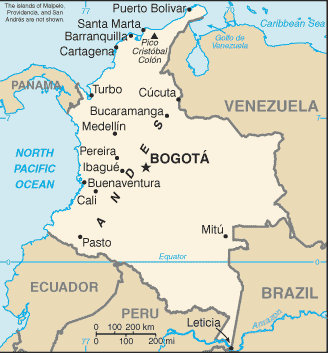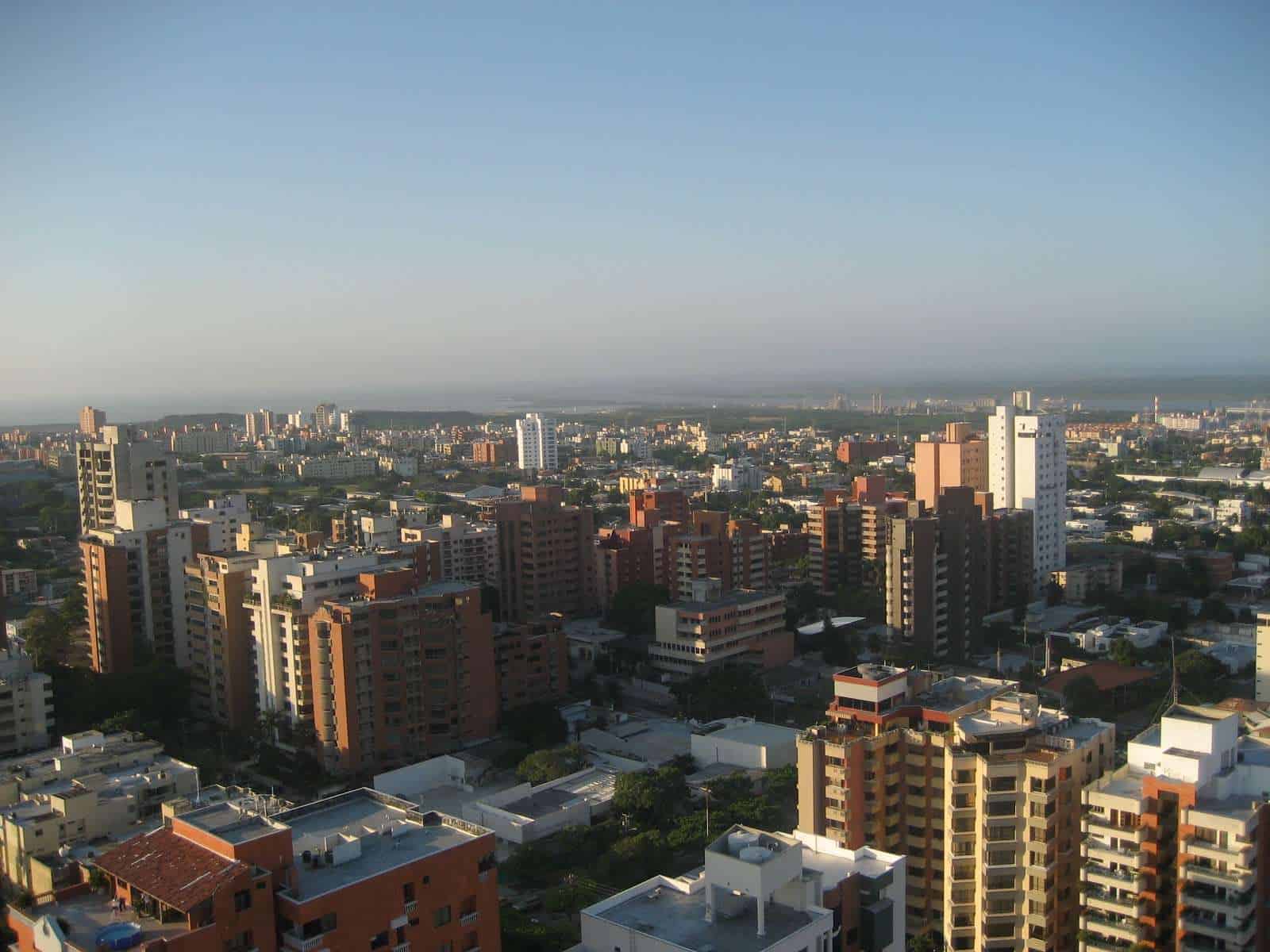Annie Pforzheimer entered the U.S. Foreign Service when she was twenty-four years old and was immediately whisked away to Barranquilla, Colombia, which at the time (1989) was a two-person post that was known for bearing witness to tremendous amounts of violence. Pforzheimer lived and worked at a time where there was extensive political turmoil as well as the ever present “drug wars” between different Colombian drug lords, both of which contributed greatly to her experience as a Foreign Service Officer (FSO) in Colombia.
Working as a Vice Consul issuing visas to Colombians looking to work/live in the United States, Pforzheimer’s story is an eyewitness account of Colombia during this time of unrest.
While in Barranquilla, Pforzheimer saw firsthand the effects of the “drug war” that was occurring at the time. It was deemed dangerous enough that she commuted to and from work in armored cars accompanied by armed bodyguards. She lived in a building that required more than eight different security measures to get into her apartment. She feared being kidnapped (something with which the woman whom she replaced at the Consulate had been threatened) and had to use judgement and exercise extreme caution when deciding to go out and about in the city. In fact, her protection and survival depended on such security measures because the Colombian government was fighting drug cartels and drug lords all over the country, including in Barranquilla. During Pforzheimer’s tour, the 1990 Colombian presidential election took place in the context of a long history of the tumultuous political environment of Colombia. A number of politically motivated assassinations occurred in the run up to the election, which coincided with Pforzheimer’s arrival in Barranquilla as an entry-level officer, thus introducing her to the dangers of political violence very early on in her career.
However dangerous her situation, Pforzheimer described herself as a bit of a rebel, so she took time to fall in love with Barranquilla and it’s many positive traits. Working in a two-person Consulate was lonely, so she had to go out into the city and make friends. She had to be careful to avoid violence and to have a low profile, but she was able to find friends and see the sights of Barranquilla (as well as Colombia in general). She dated, and eventually married one of the men she met there. Pforzheimer’s experience in Barranquilla was unique as she came into it as a fresh-faced FSO and left with two years of experience in a country plagued with all kinds of turmoil. This tour opened the door to a lengthy and meaningful career with the Foreign Service.
Annie Pforzheimer’s interview was conducted by Charles Stuart Kennedy on May 29, 2019.
Read Annie Pforzheimer’s full oral history HERE.
Drafted by Charles Gfeller
ADST relies on the generous support of our members and readers like you. Please support our efforts to continue capturing, preserving, and sharing the experiences of America’s diplomats.
Excerpts:
“I had armed bodyguards. I had an armored car that took me to and from work. At that point I was 25.”
Political Turmoil and Violence: You know, you normalize some things so quickly. I mean, I had armed bodyguards. I had an armored car that took me to and from work. At that point I was 25. It was lonely because I didn’t have any colleagues at work at this two-officer Consulate; I just had my boss, who I did not get along with, as it turned out. And there were some car bombs and truck bombs that happened in Bogotá while I was there. Nothing was happening specifically in Barranquilla. There was a presidential election in March of 1990, and a presidential candidate was shot and killed at a rally in August of ’89 and then two more presidential candidates were killed during the campaign, January and February of 1990, one of them in the airport in Bogotá on a flight to Barranquilla and the other one was in the air on an airplane. So, it was a really violent time.
“I mean, I had to use my judgment about the risks I was running.”

How to See the City: I could. I mean, I had to use my judgment about the risks I was running. There were obviously going to be security officers who would have liked me to just go to work, come home, lock all those doors and then stay inside, and I wasn’t going to do that. So, over time I developed my own rules and habits. By and large, my rule of thumb was that if I was going to go somewhere that was predictable, such as to and from work or to an event where I had been invited formally, with a written invitation or people knew about it, I would use the embassy vehicle and the driver and the bodyguard who were carrying Uzis. And that made sense to me because there really was a danger. The woman I replaced, there had been a kidnapping threat against her. I also made it my business to keep a much lower profile than she had had. She had been in the society pages quite a bit, and so, I developed a habit when I went out to events that- somebody told me that they can’t use a picture in the newspaper if you have a glass near you, so I would always have my drink somewhere near my face, that I would ruin the picture and not show up. So, that worked pretty well. Because I just didn’t want to be known personally.
So, with that in mind, when I was going somewhere that wasn’t predictable, where I just decided I was going to go to the pool with one of my friends, I walked or took taxis. And I went on dates and I did not take my bodyguards along.
Table of Contents Highlights:
Education
Harvard University: 1982–1986
Foreign Service
Barranquilla, Colombia—Vice Consul 1989–1991
Praetoria, South Africa—Human Rights Reporting Officer 1991–1993
Ankara, Turkey—Human Rights Reporting Officer 1998–2002

